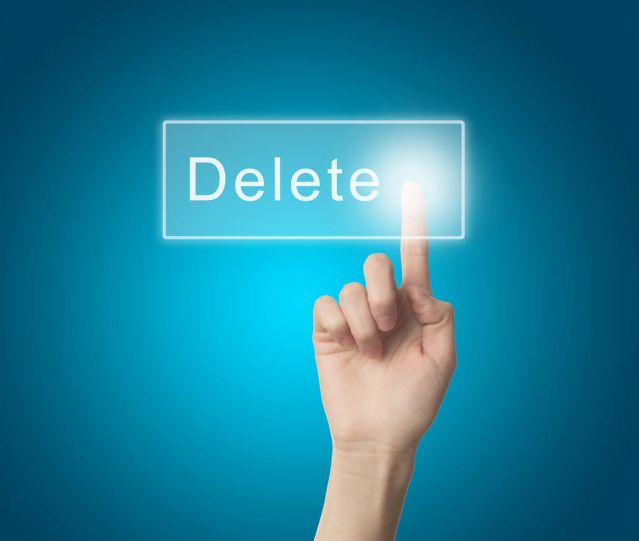Career
How to Free Mental Space When Work Demands Keep Growing
Hit "delete" on what is draining you.
Posted December 29, 2022 Reviewed by Vanessa Lancaster
Key points
- Our jobs are cognitively and emotionally taxing.
- Increasing demands for attention require deleting lower-priority items from our agendas.
- Rumination makes negative experiences worse; we must "deal and delete."

I love taking photos. So, of course, it’s frustrating when I see something interesting, but my phone complains–“Your device is dangerously low on storage.” No photos unless I clean something out.
I also work a lot. And sometimes my laptop can’t download any more documents because it is low on storage. Or I have too many programs running simultaneously, draining my capacity to do anything else.
We work our devices hard. We also work our brains hard. Sometimes, our brains refuse to take in any more info–and for a good reason. The world is becoming more demanding. It requires continuous learning and updating. So do our jobs. And it is not just cognitive demand–our jobs are also increasingly emotionally taxing. Cognitive and emotional demands add up. And we can’t buy a new brain with more capacity; we have to take care of the one we have.
I don’t pay for in-flight internet access when I fly for work. Instead, I use the time to clean out my phone. I also use it to clean out my mind and plan what I can delete from my life. Freeing up some mental space is not unlike reclaiming space on our phones.
Delete unused apps. There might be physical or virtual "apps" that needlessly drain our capacity. These could be aspects of our work that don’t get appreciation and are not foundational to the key outcomes, aspects that have always been there but perhaps outlived their usefulness, or aspects that no longer align with our current goals. These things are not necessarily “bad”–they simply compete with too many other, more vital things.
Delete.
Delete downloads. We might have looked at a document briefly to see if it was relevant–and it was not. Or something was sent to us that we did not ask for. All of that sits on our phones out of sight and clogs our phones’ capacity.
The same happens to our minds. Someone tried to “load” their work on you. Someone projected their issues on you, causing you emotional distress. Someone was cruel or deceitful or bullying. Even if we say “no” to their demands and appear to cope well, the experience leaves us drained and emotionally exhausted. Negative work experiences may lead to rumination and sleeplessness.
Traces of upsetting encounters act like "cookies," yanking on our precious attention to direct it to others' agendas and dysfunctions. We must take some time to actually “delete” downloads like that. Just trying to push negative experiences out of our minds is not enough.
We must consciously “delete” the residue–by debunking lies or gaining clarity on why people’s actions are reflections of them – and not us. We can also create a script to say “no” if someone tries to load their work or issues on us again.
Deal and delete. Remember lessons, and delete the self-blame.
Delete bad photos. Painful memories can fuel our accomplishments, but at a very high cost. Running away from something painful–“I will never be [taken advantage of, bullied, underpaid, etc.] again”–makes us run somewhere, not necessarily where we want to be.
Being driven by a motivation to avoid something negative also depletes our cognitive and emotional resources. Replacing negative memories with positive goal statements–“I will find a workplace with a healthy culture” or “I will build a company where people are respected”–makes our mental system run better.
Delete.
Deleting things from our lives may feel counterintuitive, especially if we've been taught that resilience means the ability to take on and juggle more and more. Aiming to do less could be uncomfortable, as changing any habits. But releasing some secondary priorities preserves our capacity to capture what matters most.
An earlier version of this article appeared in the "Best Work for your Brain" newsletter on April 24, 2022.


